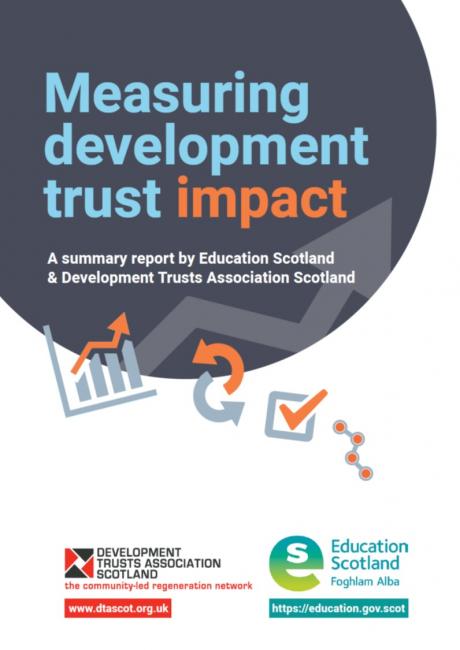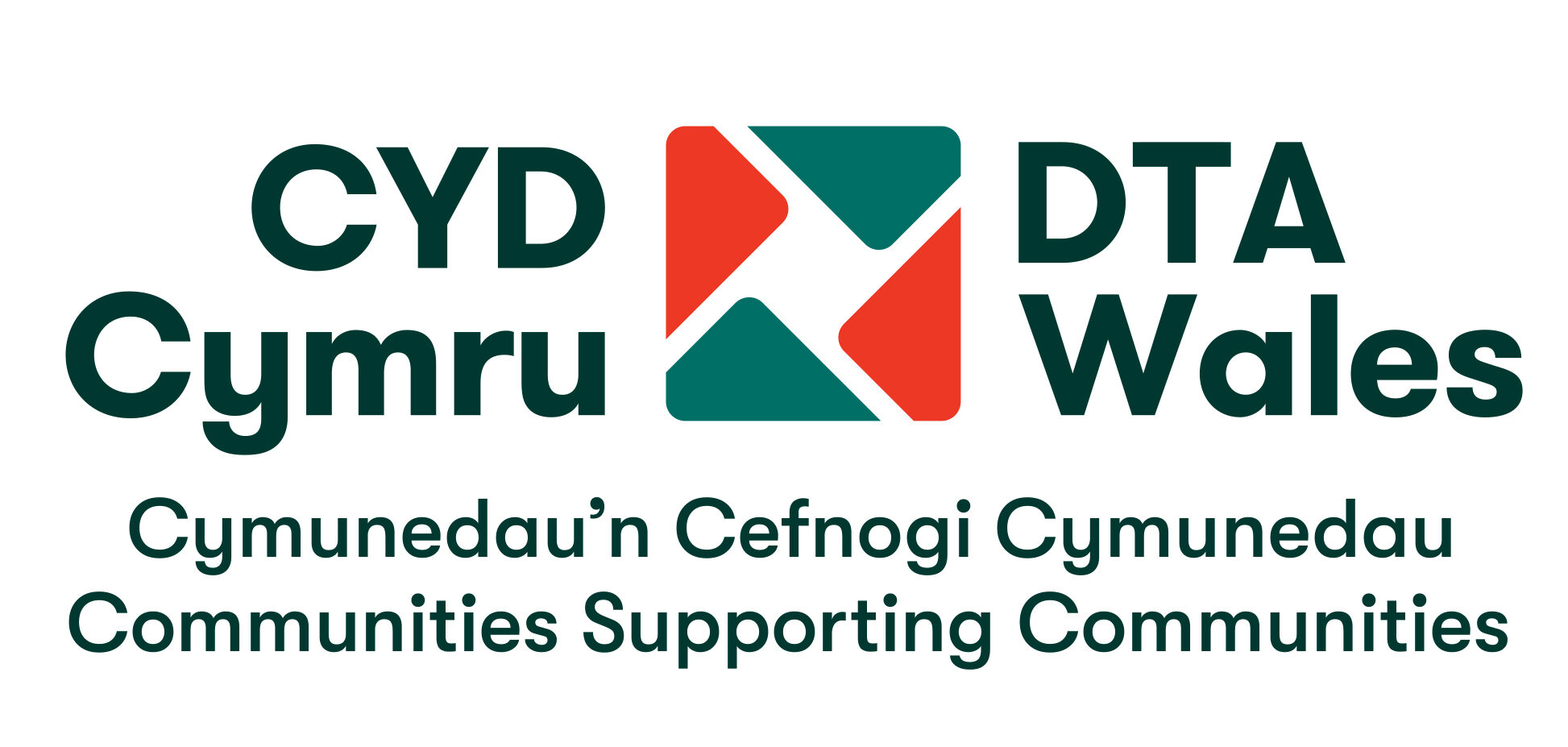Measuring Development Trust Impact

Our sister organisation in Scotland, DTA Scotland (DTAS) has published and co-authored a Summary Report in conjunction with Education Scotland to measure the impact of development trusts.
“The development trust approach is holistic in nature, operating across economic, social, cultural and environmental spheres of community life”
During 2016, Education Scotland, undertook reviews of six development trusts. DTAS identified a representative sample of members operating across different types of communities, and those organisations were offered the opportunity to be the subject of an Education Scotland Review. All six organisations approached enthusiastically volunteered to be part of a review process.
These were Auchinleck Community Development Initiative (Ayrshire), Cranhill Development Trust (Glasgow), Healthy n Happy Community Development Trust (Lanarkshire), Huntly and District Development Trust (Aberdeenshire), Inverclyde Community Development Trust (Inverclyde), and Mull & Iona Community Trust (Argyll and Bute).
Each of the six development trusts operate in areas affected by either rural isolation or multiple deprivation. These communities face particular economic and social challenges, such as the loss or a lack of services, high levels of unemployment and health inequalities. Each of the participating organisations is different in terms of their size, date of establishment and the range of the work they do. However, development trusts all share some important key features such as being responsive to local needs and seeking to improve the lives and livelihoods of local people.
Overall Summary
Key strengths
- High levels of commitment and ambition to improving lives and communities.
- Valued community anchor organisations, effective at getting things done.
- Strong ethos of partnership working leading to positive impact on people and communities.
Areas for improvement
- Ensure that strategic priorities, plans and structures are clear and keep pace with the changing needs of the organisation.
“Trust leaders and staff are highly committed to making a difference and are ambitious for their communities.”
the key impacts
All six development trusts reviewed share a person-centred approach and are building the capacity of individuals, groups and communities.
They are helping to improve people’s health and wellbeing in a variety of ways. For example, several trusts are helping young people and adults to be more active through walking, cycling or gardening. A range of projects are also tackling social isolation and helping to address mental health issues.
A few of the development trusts reviewed have a particular focus on working with families and are helping to build community cohesion.
Each of the development trusts is providing opportunities for people to gain a range of new skills including crafts, bike maintenance, horticulture and english for speakers of other languages. Most of the trusts have a focus on helping people into employment. A few have developed their own employability programmes in response to clearly identified local needs.
All of the development trusts involve and support volunteers. In a few cases, there are a large number of volunteering opportunities. Within most trusts, volunteering is a key element of employability work.
Although the scale of economic impact varies across the six development trusts they do share some common features.
They are providing employment opportunities, investing in local infrastructure and securing significant levels of additional funding to develop programmes and projects.
All of the development trusts reviewed have built or enhanced existing buildings and as a result a few are now providing affordable space for smaller organisations.
A key pillar of the development trust approach is a commitment to establishing and maintaining partnerships with relevant public sector, private sector and other third sector partners.
Development trusts are often approached as a key source of knowledge and support. Like the organisations themselves, the culture of trust and respect extends into their partnership working. Development trusts are recognised by partners as having a key role within their community.
The range of partnership working is wide and varied and specific to the local context and work of each development trust. The trusts commonly work with other third sector organisations, local businesses and educational establishments. They also work with a range of national organisations.
However, the range and nature of the partnerships are often complex and this can sometimes be confusing to external stakeholders.
“There is increasing evidence that there are a range of benefits, including mental and physical health benefits from people being and feeling part of a community.”
To read the full report, visit the Resources page.
